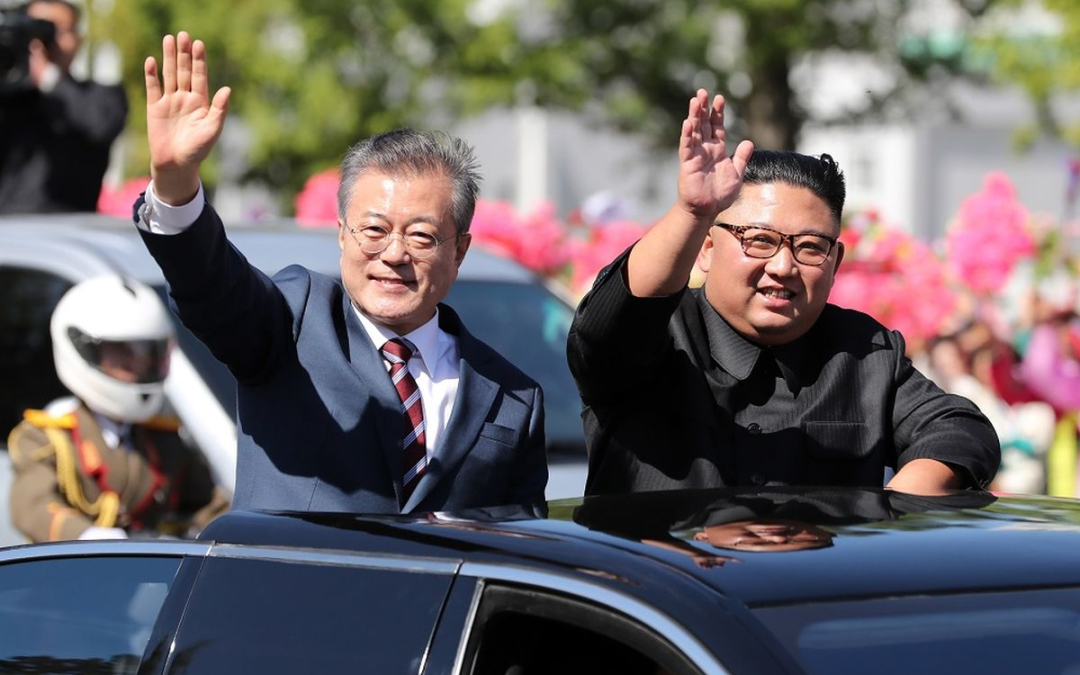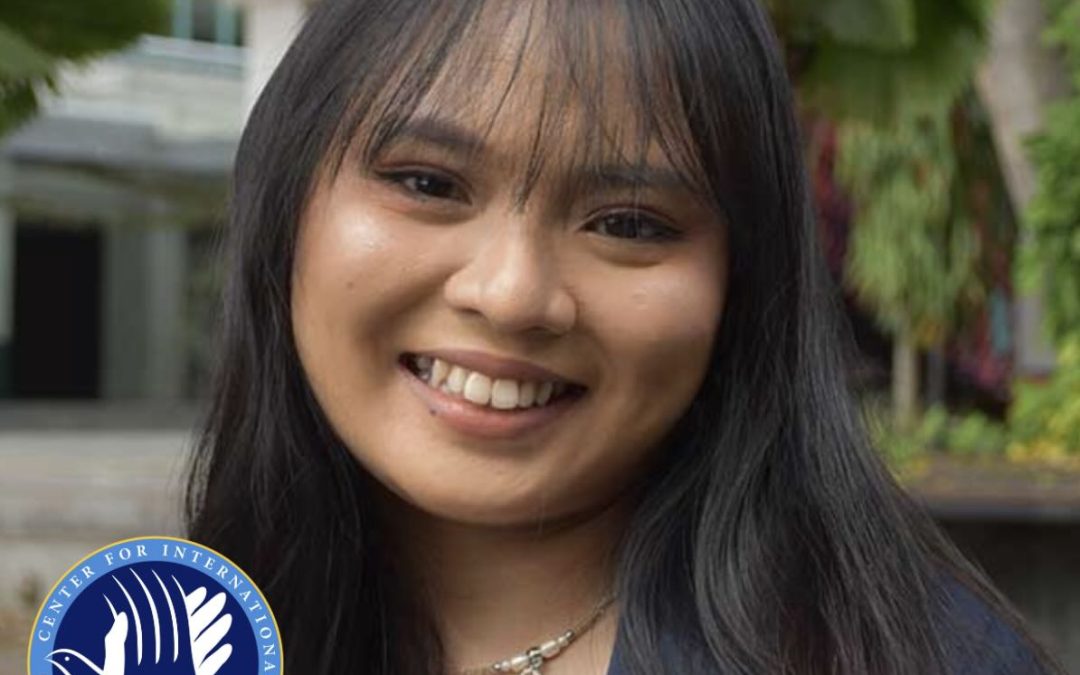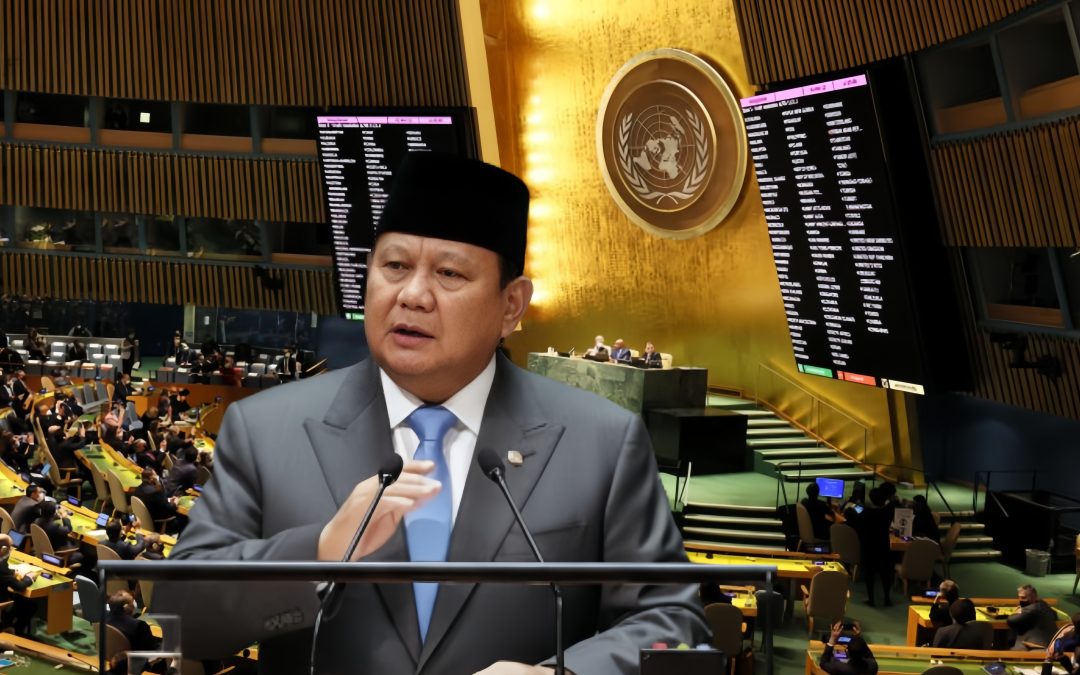On June 3, South Korea welcomed its new president after almost six months of paralysis caused by the declaration of martial law in December last year. Lee Jae-myung won the election with 49.42%, securing victory by a margin of 8.27% from his rival.
Lee is no newcomer to South Korean politics. He started as Mayor of Seongnam in 2010, rose to Governor of Gyeonggi Province in 2018, and ran for the presidency in 2022, narrowly losing to Yoon Suk-yeol by just 0.8%. He made a comeback by opposing Yoon’s political blunder and now pledges a flexible government, promising to end the political rifts.
Lee’s pragmatic approach stems from his desire to ease domestic tensions left by his predecessors. Yoon’s decision to impose a drastic state emergency measure was argued as a response to anti-state forces coming from the opposition. However, in a two-party state, tensions between liberal and conservative factions have been inherently adversarial.
Despite partisanship at home, South Korea’s foreign policy retains a common core. A strong relationship with the US remains critical as long as the North Korean threat persists. While conservatives adopt a hard-line policy towards North Korea, liberals seek engagement and dialogue with Pyongyang. Furthermore, liberals have shown a more open tendency beyond the US, seeking to diversify South Korea’s partnerships with other countries, including those in ASEAN.
Notably, institutional engagement with ASEAN has historically flourished under liberal presidencies. From Kim Dae-jung’s ASEAN+3 initiative, Roh Moo-hyun’s ASEAN-Korea Free Trade Area, to Moon Jae-in’s ASEAN-first New Southern Policy. Now, Lee is expected to revive and deepen ASEAN ties. Although until now he has yet to formally announce Seoul’s ASEAN engagement is likely back on track. This is likely to stem from Lee’s pragmatic approach to politics, both domestically and internationally.
Lee took office at a challenging time, facing the task of unifying a divided Korea post-martial law. After his first month, he declared that his immediate focus was to improve the livelihoods of citizens. As a result, public support has remained strong, rising for five consecutive weeks to 64.6%. Lee, who has received a reputation as a defender of democracy, elevated his political position through a parliamentary majority. Hence, he has amassed political leverage that his predecessors lacked. Furthermore, his willingness to compromise across political lines have helped cool the fierce polarization seen under previous administrations. This has created a favorable domestic political dynamic, and the resulting bipartisan support will provide Lee with a stronger platform to advance the Comprehensive Strategic Partnership with ASEAN.
Amidst the volatile global politics, South Korea faces strain in its alliance with the US. The US plan to impose 25% tariffs on Korea effectively this August, and Trump repeatedly demanded higher Korean contributions to alliance costs. At the same time, engagement with North Korea will be cautious. Denuclearization remains challenging. North Korea has little incentive to abandon nuclear weapons, especially after the Iran-Israel conflict underscored the perceived security importance of nuclear deterrence. Furthermore, North Korea’s growing ties with Russia and China further complicate matters. Forcing South Korea to be strategic in its relations with the two contending forces.
Lee’s pragmatism came at the right time. By pursuing pragmatic diplomacy that prioritizes national interest, South Korea can maintain its strategic ambiguity. It allows for space to engage with North Korea, China, and Russia without straying from the trilateral security partnership with the US and Japan. Lee reaffirmed his US-ROK alliance commitment by attending the G7 Summit and meeting Japanese PM Kishida. His appointment of National Assemblyman Wi Sung-lak, a former ambassador to Russia and a known supporter of the ROK-US alliance, as National Security Director further reaffirmed his pragmatic approach.
Lee’s pragmatism also hints at expanding Korea’s diplomacy beyond traditional partners, embracing a more diversified approach that opens avenues for deepening ties with ASEAN and its member states.
ASEAN consistently supports denuclearization of the Korean Peninsula, and reiterates this concern annually through the ASEAN’s Chairman Statement. A recent Middle East conflicts have reminded ASEAN of the fragility of regional security, prompting the bloc to adopt stronger stances. At last week’s ASEAN Regional Forum (ARF), ASEAN and Indo-Pacific partners issued a joint statement urging complete denuclearization of the Korean Peninsula.
At the same time, South Korea is widely regarded as the most neutral East Asian partner by ASEAN Member States. Malaysia, as the chair of ASEAN, has extended an invitation to Lee to attend the 47th ASEAN Meeting. Bilaterally, Anwar said he will come to Seoul for the APEC meeting this year. Anwar himself has visited Seoul last November and elevated the relations to a strategic partnership. Recent similar high-level visits to South Korea was also held by other ASEAN Member States. Vietnam Prime Minister Pham Minh Chinh’s visit was to discuss the status of CSP with Vietnam, and Cambodia PM Hun Manet visited South Korea to expand the partnership. While the Philippines and Thailand sent their Foreign Ministers to Seoul for bilateral meetings.
Indonesia, as ASEAN’s largest member and often viewed as its de facto leader, seems to have missed out from this diplomatic trend. Bilateral relations thrived under President SBY, who built personal ties with Lee Myung-bak, and continued under Jokowi, who visited Seoul three times: in 2016 by invitation from Park Geun-hye, in 2018 by Moon Jae-in, and in 2022 by Yoon Suk-yeol. In return, Yoon reciprocated with two visits to Indonesia in 2022 and 2023, and Moon Jae-in made Indonesia his first post-inauguration visit in 2017 to launch the New Southern Policy. Previous Korean leaders, including Lee Myung-bak, visited in 2009 and 2012, while Park Geun-hye visited in 2013.
Lee Jae-myung has already expressed interest in visiting Indonesia when he called Prabowo last month, reflecting the high priority that Korean leaders place on cooperation with Indonesia. However, a reciprocal gesture remains absent.
Prabowo has not visited Korea since becoming president. His international visits to Asia partners have so far been limited to China, India, and Malaysia. Foreign Minister Sugiono has also not visited Korea since the election. During his tenure as Defense Minister, Prabowo visited Seoul in 2021 to advance the KF-X fighter jet mega project, but the prestigious project was halted following a theft incident.
Given Prabowo’s defense background, mounting expectations for stronger defense ties between Indonesia and South Korea are given. The institutional strengthening of Indonesia’s defence agencies and the technological advancement of the South Korean military are enough reasons to justify this expectation. Furthermore, Indonesia is one of the top importers of Korean military equipment in Southeast Asia. Yet, bilateral ties appear to be slowing under Prabowo’s administration. This is a missed opportunity.
Lee’s pragmatism offers an opportunity. One that Indonesia should seize by re-engaging, fulfilling, and building on prior agreements and institutional ties. Prabowo’s administration must reconsider its approach. Indonesia cannot let prior commitments and partnerships with South Korea fade. It is time for Indonesia to revive its engagement with South Korea, especially as Seoul signals its readiness to reconnect with its southern neighbors.

Author:
Ratih Indraswari
Assistant Professor
Parahyangan Catholic University






